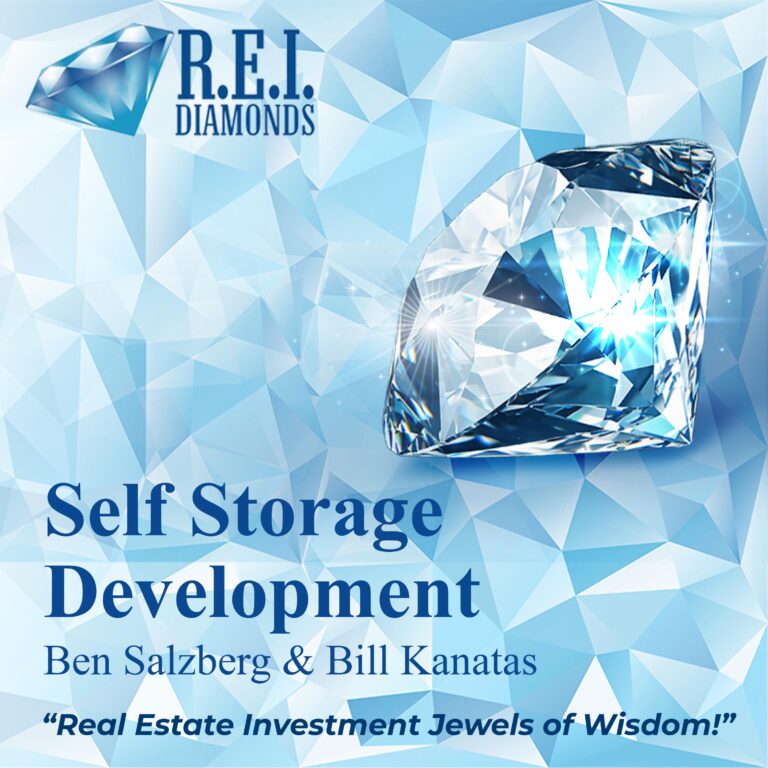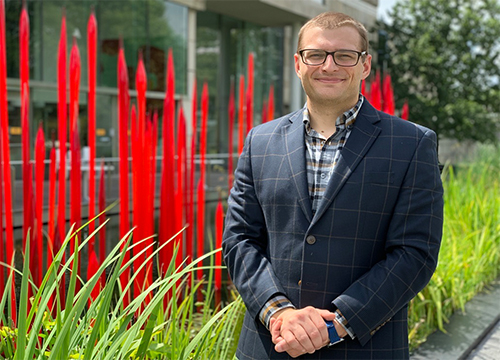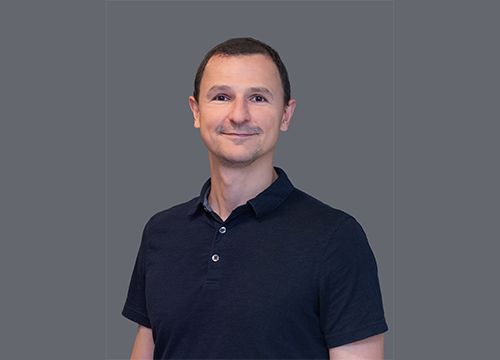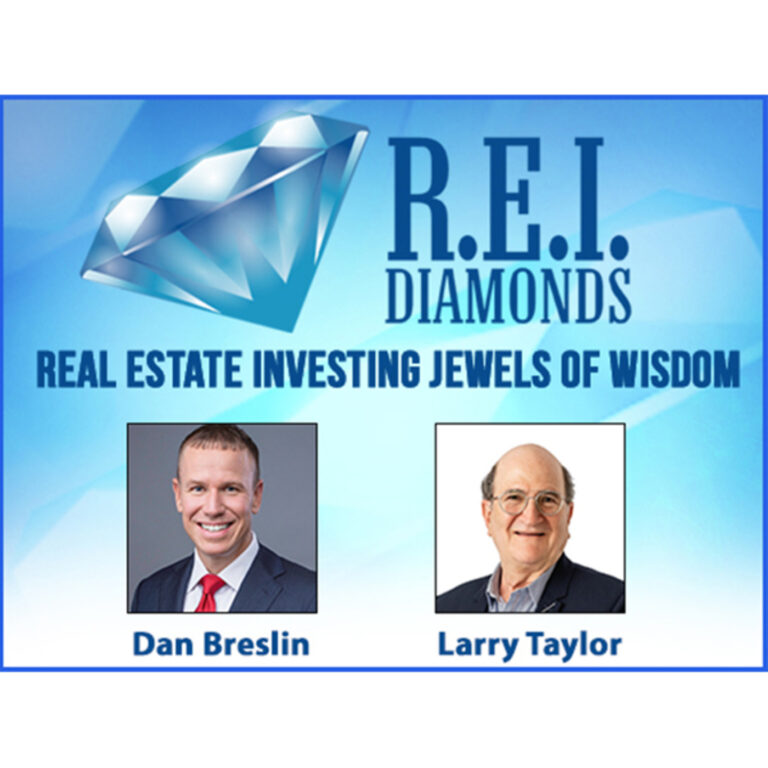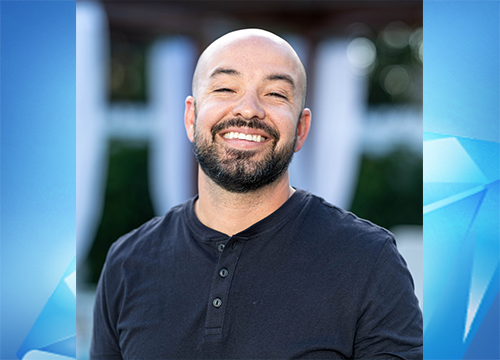
Navigating Real Estate Investment: From Young Enthusiast to Mobile Home Parks with Mitchell England
Guest: Mitchell England is a dynamic real estate investor and entrepreneur known for his strategic prowess in property investments. With over a decade of experience, Mitchell’s journey in real estate began during his teenage years when he was inspired by “Rich Dad, Poor Dad.” He has since built a diverse portfolio spanning multiple states and property types, with a particular focus on mobile home parks. Mitchell’s investment philosophy revolves around long-term holds and leveraging smart debt, all in pursuit of his vision for generational wealth and financial freedom through real estate.
Big Idea: Mitchell England shares his journey into real estate investing, starting as a young enthusiast inspired by “Rich Dad, Poor Dad.” He discusses how he began with single-family properties, the importance of cash flow in his investment strategy, and his transition to owning and managing mobile home parks across the United States. Mitchell emphasizes the advantages of mobile home parks, such as stable cash flow and lower maintenance costs, and highlights the challenges of managing tenant-owned units. He also delves into the concept of good debt and how it has evolved over time, the ideal characteristics of a perfect mobile home park, and strategies for handling tenant turnover in older communities.
Dan: Okay, cool. So as our origination story, maybe you can kind of touch on how you got in real estate and sort of how you evolved into the space that you’re in now, and then kind of a summary of where you’re at now, just to get us started.
Mitchell: Yeah. So I started really young. I stumbled upon Rich Dad, Poor Dad, which I know a lot of people listening to this probably have a similar story. But I read that book and it changed my whole perspective on life and how to provide value, and it made me start to question everything. I probably read the book at 16 years old. I was in high school at the time, and I was watching the run-up happen. That was like 2004, 2005, right in there. I was watching a lot of people make a lot of money in real estate. And so, that book paired with this huge run-up in the market, I was like, “Man, I got to get in this game.” I know you’re laughing, right? Because what happens next? But that was my first like, “Hey, what is this thing? How do I get into the game?” And I started asking that question. So early on, I jumped in, I bought a couple of pieces of property, thinking, “Hey, I’m going to go make some money on these things.” A couple of bare pieces of property, actually like vacant land. And you know what happens next, right? Oh, [inaudible] and I’m holding the bag, right? I’m holding these two properties going like, “Huh, maybe I don’t really understand this game as close as I thought.” And so, throughout my 20s, I was really interested in real estate. And I dove into a couple of other land deals, a couple of smaller duplex, single-family type stuff. And for me, the big aha was like when I got my first cash flow property, I thought, “Oh my gosh, someone else can pay for this. This is pretty amazing.” I probably should have been a faster learner than that, but it took like six or seven years to figure out like, “Oh, I could put a renter in. This is pretty incredible.” But I got addicted to the cash flow real estate. I just got addicted to it because I thought, “Well, gosh, this could give me not only like pay for my real estate, but also give me freedom.” And so, that first cash flow property was sort of a house hack. And from there, I started to buy some other single-family duplexes, kind of some smaller stuff. And then during that time, I was also working my corporate job. I was working at a med-tech company. And so, life was really busy, but I started to see real estate as like this escape, this thing that I could do. I could build up cash flow properties and slowly leave my job. And so, that was really like the catalyst.
This Episode of The REI Diamonds Show is Sponsored by the Deal Machine. This Software Enables Real Estate Investors to Develop a Reliable & Low Cost Source of Off Market Deals. For a Limited Time, You Get Free Access at http://REIDealMachine.com/
This Episode is Also Sponsored by the Lending Home. Lending Home Offers Reliable & Low Cost Fix & Flip Loans with Interest Rates as Low as 9.25%. Buy & Hold Loans Offered Even Lower. Get a FREE IPad when you Close Your First Deal by Registering Now at http://REILineOfCredit.com
Resources mentioned in this episode:
https://www.CadiaCapitalGroup.com/
https://www.zeroto100tribe.com/
For Access to Real Estate Deals You Can Buy & Sell for Profit:
https://AccessOffMarketDeals.com/podcast/
Mitchell England & I Discuss Navigating Real Estate Investment:
- Ideal Mobile Home Park Characteristics: Mitchell discusses the key attributes of an ideal mobile home park, including city utilities, paved roads, and tenant-owned units.
- Tenant Turnover and Value-Add Strategies: The challenges and strategies associated with tenant turnover and value-add opportunities in mobile home parks.
- Good Debt and Financing: Exploring the concept of “good debt” in real estate investing, emphasizing the benefits of non-recourse loans and favorable terms.
- Investment Philosophy and Long-Term Hold Strategy: Mitchell’s investment philosophy centered around long-term holds, cash flow, and building a portfolio that’s inflation-resistant.
- Challenges in Mobile Home Park Investments: Addressing the complexities of managing older and newer homes in the same community and finding solutions to attract new tenants to older park communities.
Relevant Episodes: (There are 230 Content Packed Interviews in Total)
- How to Make $300K/Year Investing in Mobile Homes with No Money Down
- Kevin Bupp on Mobile Home Park Investing
- Jefferson Lilly on Mobile Home Park Investing
The transcript of this episode can be found here.
Transcripts of all episodes can be found here.

